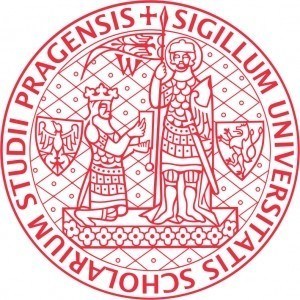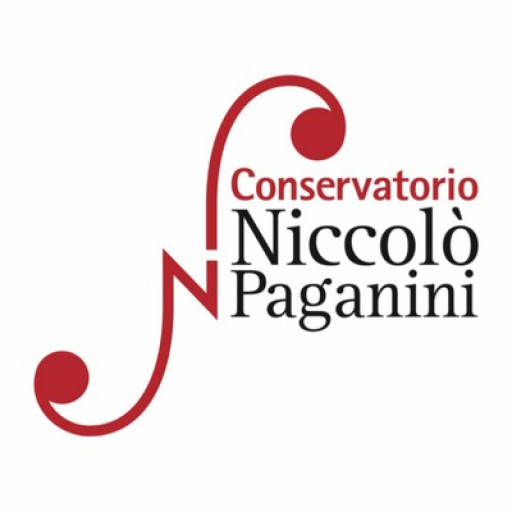Photos of university / #uniofyork
Advertisement
As well as making a substantial contribution to the interdisciplinary MA in Medieval Studies offered by the Centre for Medieval Studies, the English Medieval School offers an MA in Medieval English Literatures.
This MA caters for those students who wish to study literature on its own, or to explore the inter-relatedness of different literary traditions. The MA in Medieval English Literatures is a one-year programme that combines the study of Old and Middle English, relating these to other medieval literatures. In the Middle Ages several literary languages were used in England, and the influence, at different times, of Latin, Norse, and French was particularly strong: hence our focus on plurality. The course takes a theme-based rather than a chronological approach, paying attention to both medieval and modern ideas about literature. This MA takes full advantage of staff expertise in Latin, Anglo-Saxon, Middle English, Old Norse and Medieval French (including Anglo-Norman); other areas of special focus are Palaeography and women's literary culture.
The course teaches a range of linguistic and technical skills which are essential for further medieval research.
Students will be based at the Centre for Medieval Studies, King's Manor, which has a lively interdisciplinary research culture.
The programme for the MA in Medieval English Literatures consists of taught modules taken in the first two terms, and a dissertation of 20,000 words researched and written under individual supervision during the third term and the summer vacation.
In the first term students take the core module, Approaching the Literatures of Medieval England, which introduces issues, methodologies and critical approaches essential for the integrated study of early and late medieval English literatures, including seminars on, for example: 'Negotiating the Conquest', 'Literature at Court', 'Authors and Authorship'. Student also take a further module from a range of literary and interdisciplinary topics which may include: Cultural Identity in Anglo-Saxon Literature, The Monsters and the Critics, Textual Criticism and Codicology, Cities and their Hinterlands and Early Medieval York.
In the second term students take the core module, Rereading Old Books, which takes as its focus texts which influenced the thought and writing of the Middle Ages, when ideas of 'authority' were especially powerful. Texts may include: the Psalms, the Apocalypse, writings by Virgil, Ovid, Boethius and Bede. Students also take a further module chosen from the literary and interdisciplinary topics on offer, which may include: Fictions of Audacity (on Middle English Romance), The French of England, Saints and Texts, Viking Poetry, Renovatio (on the 12th-century Renaissance) and Gender and Sexuality.
Want to improve your English level for admission?
Prepare for the program requirements with English Online by the British Council.
- Flexible study schedule
- Experienced teachers
- Certificate upon completion
📘 Recommended for students with an IELTS level of 6.0 or below.










